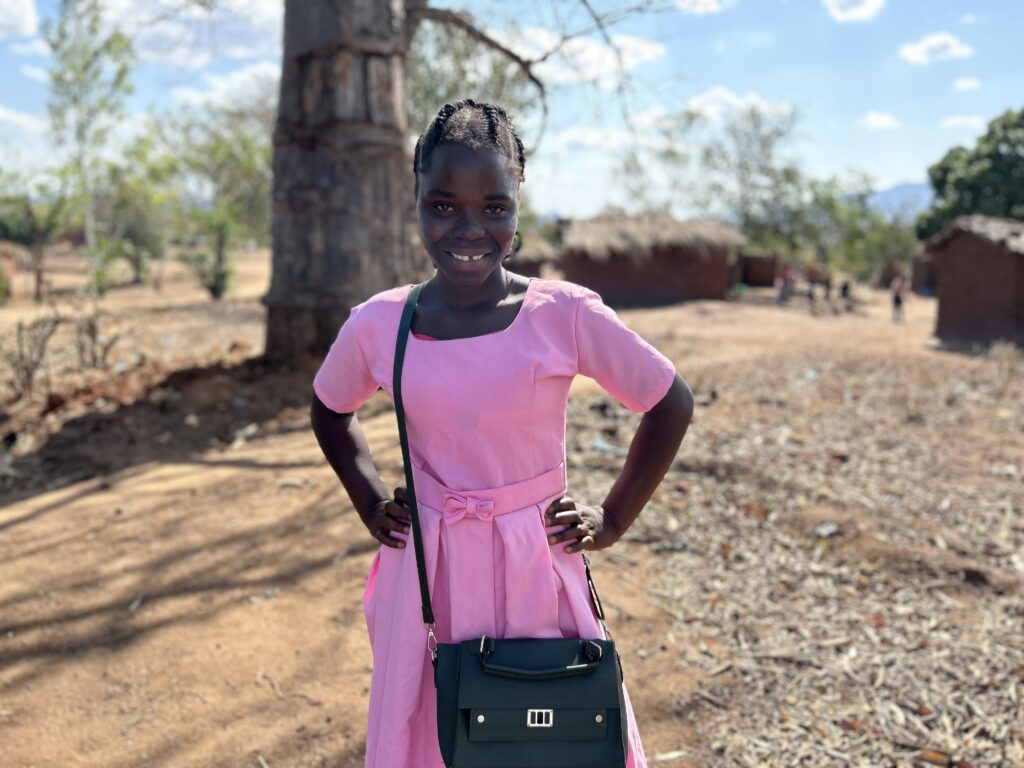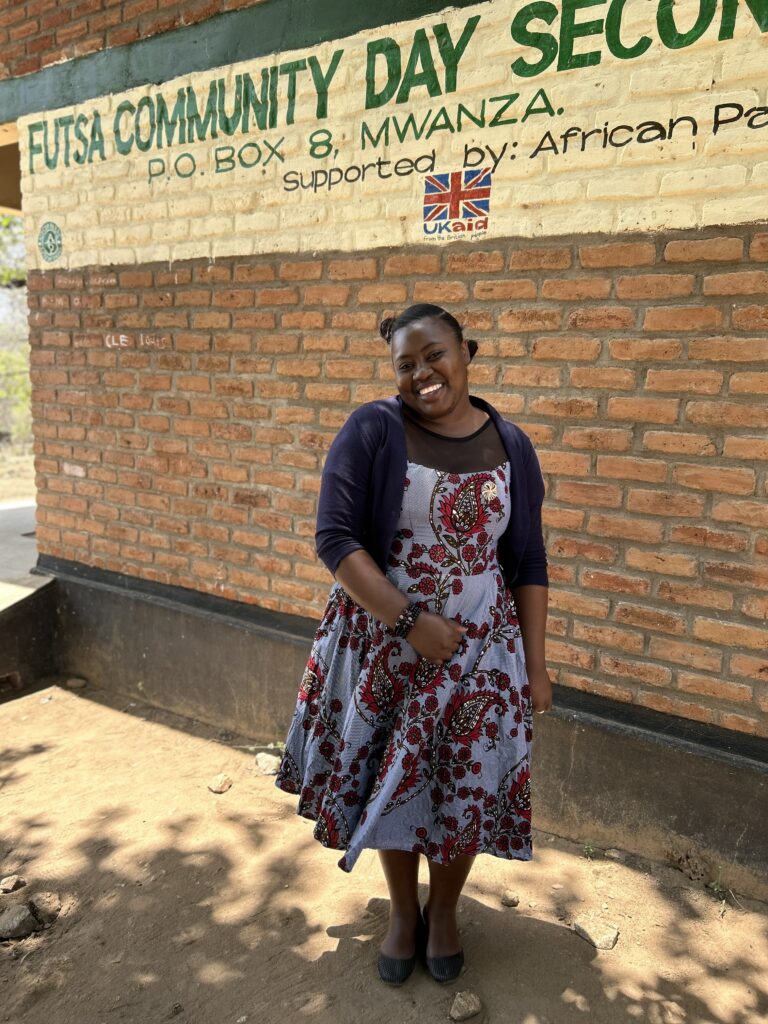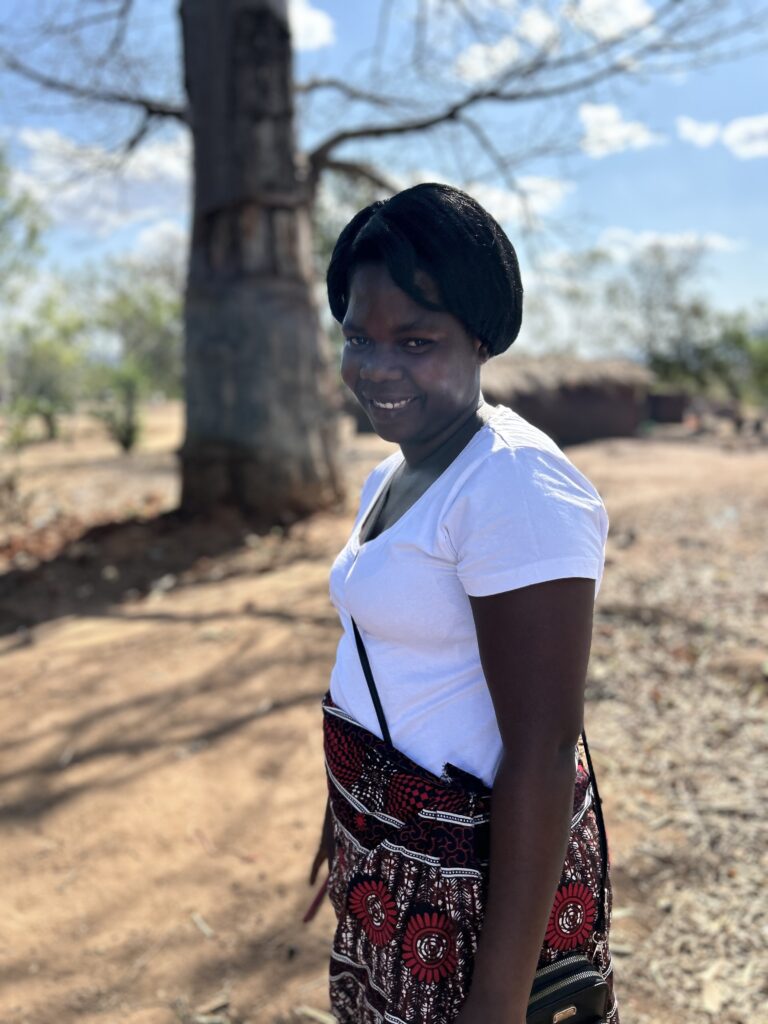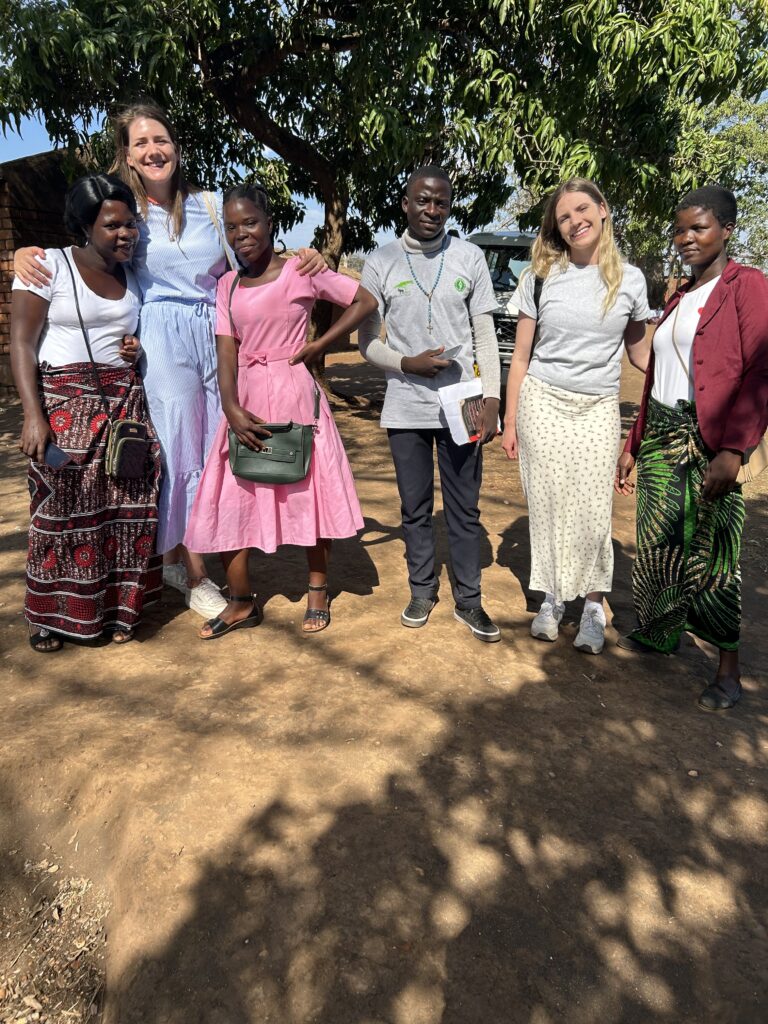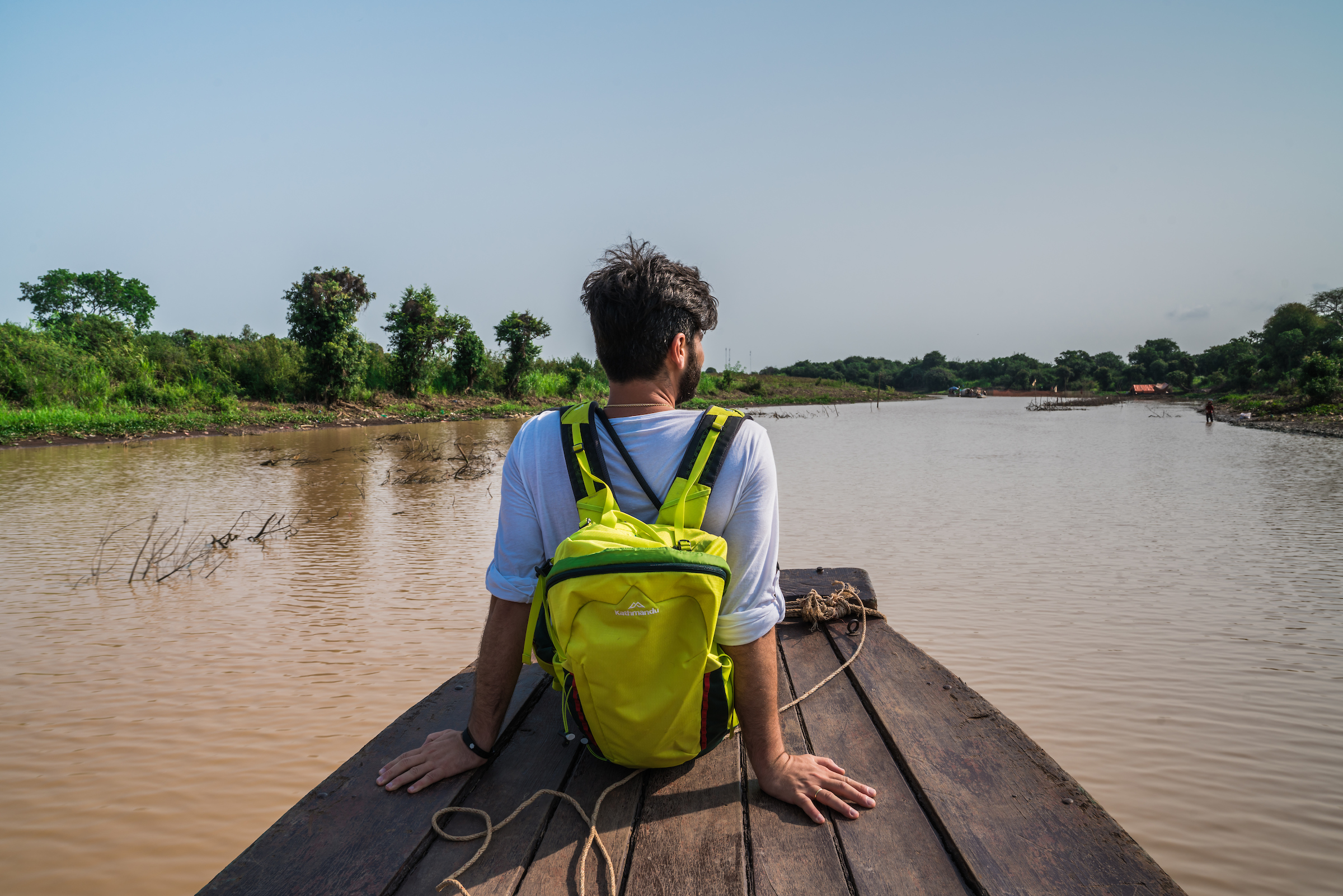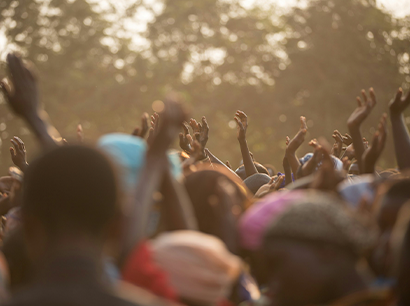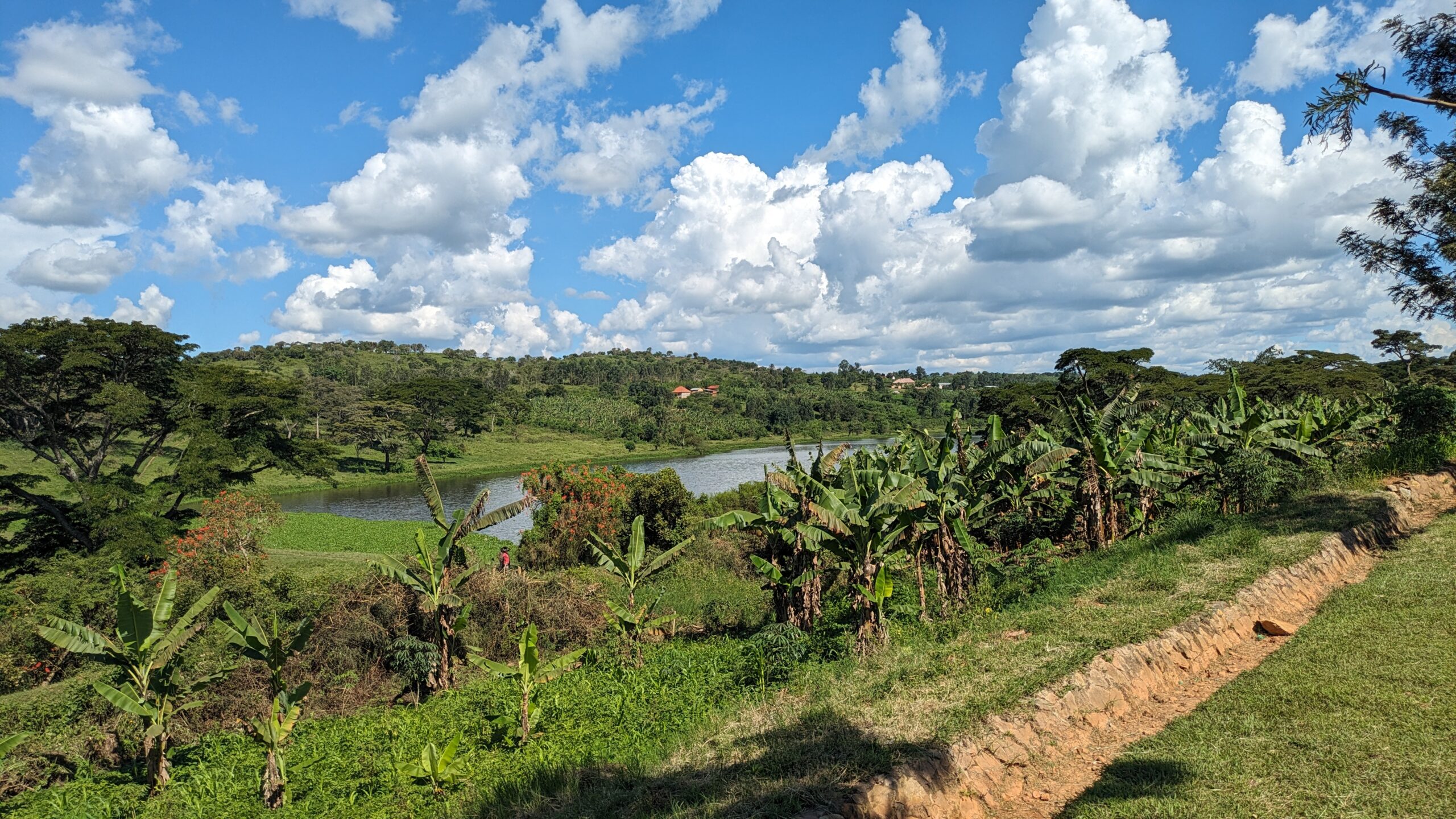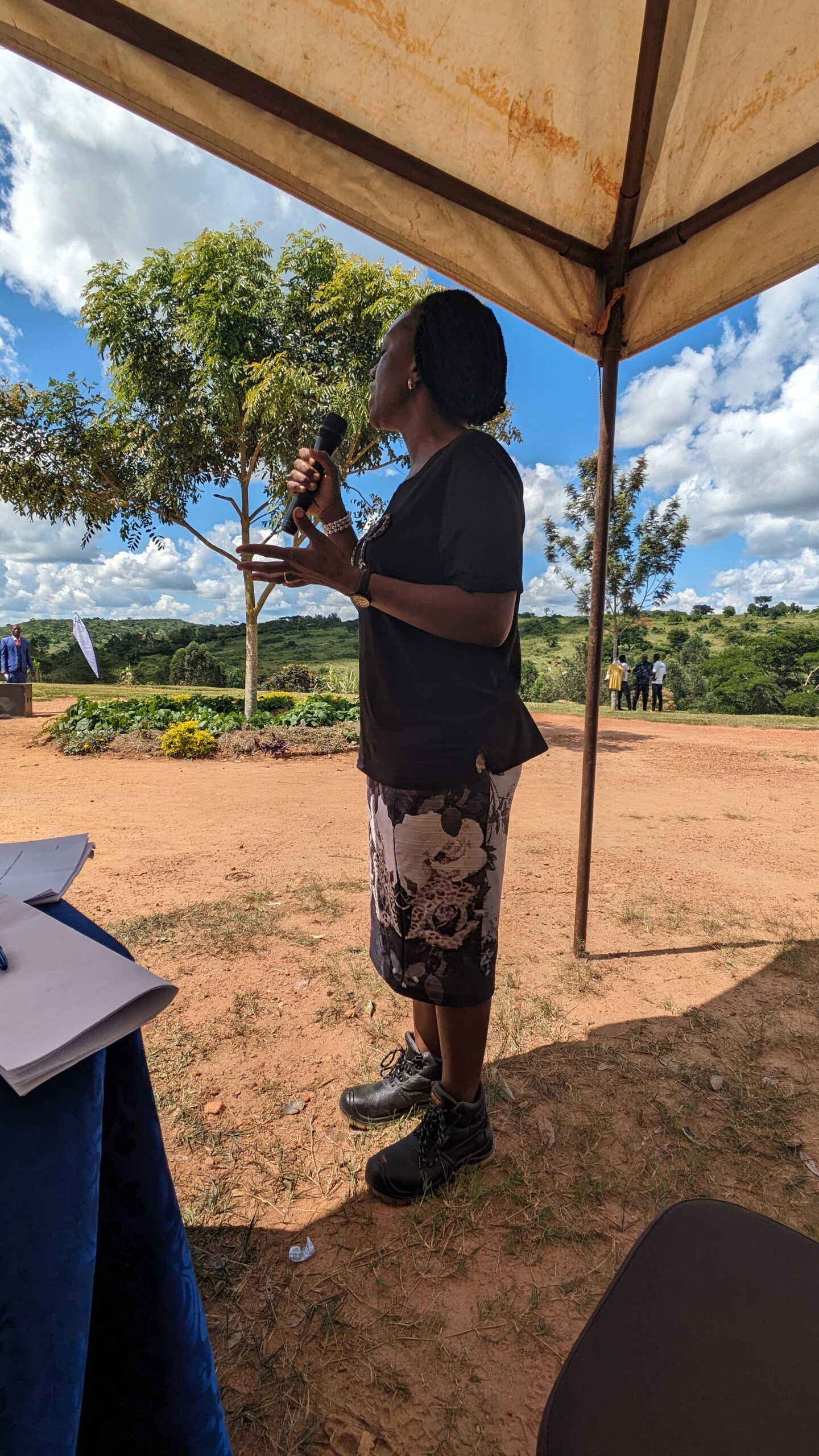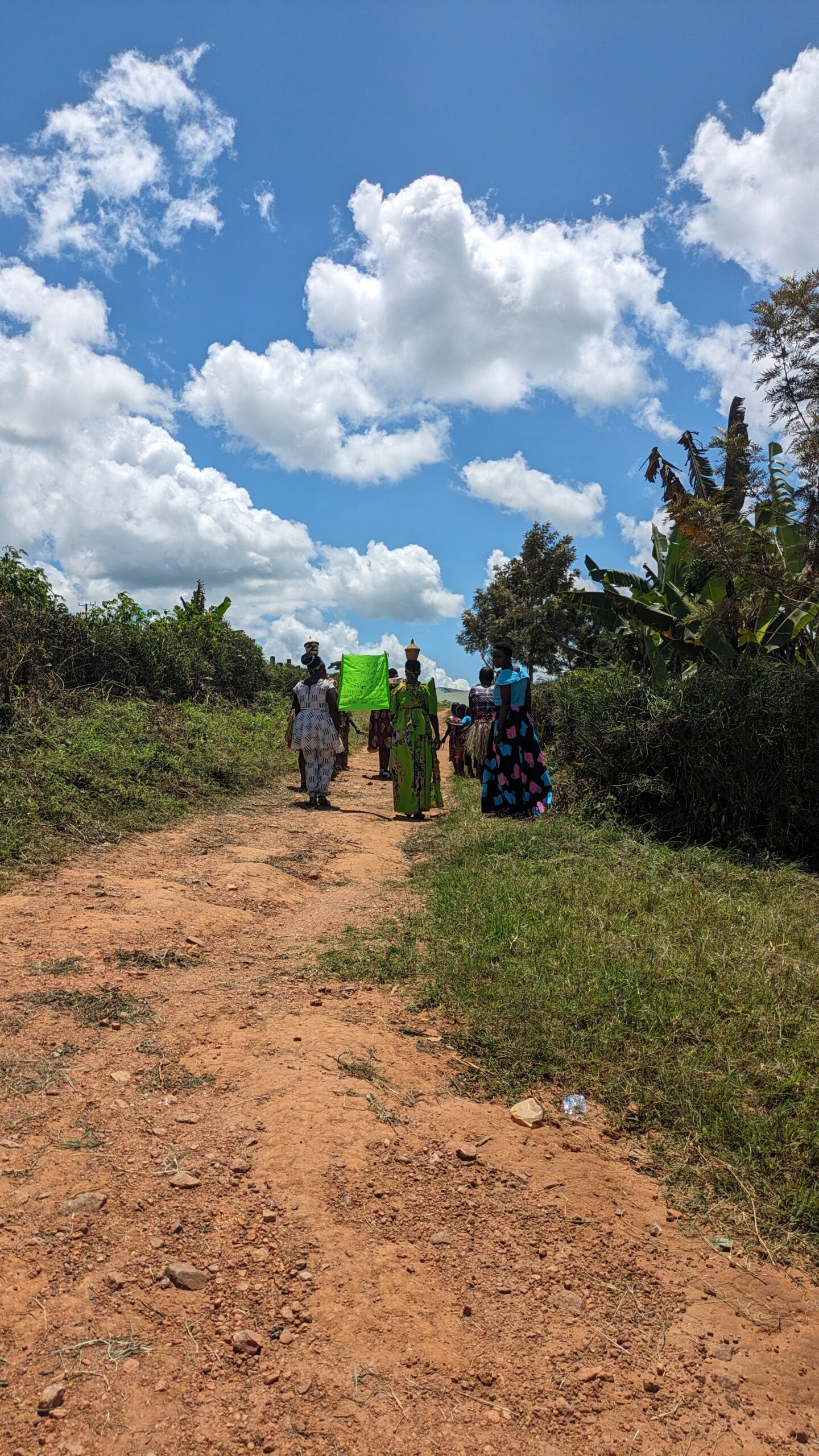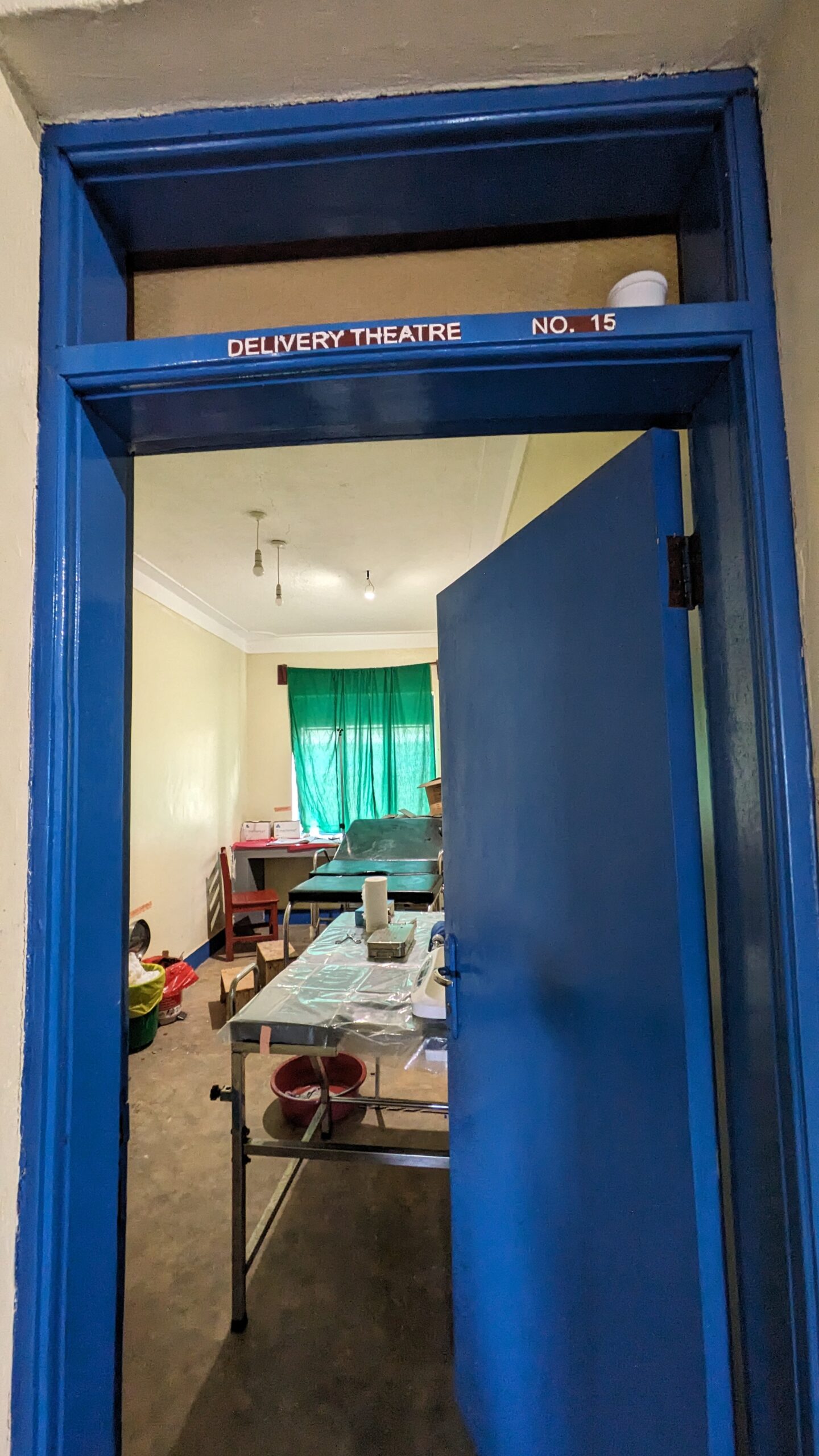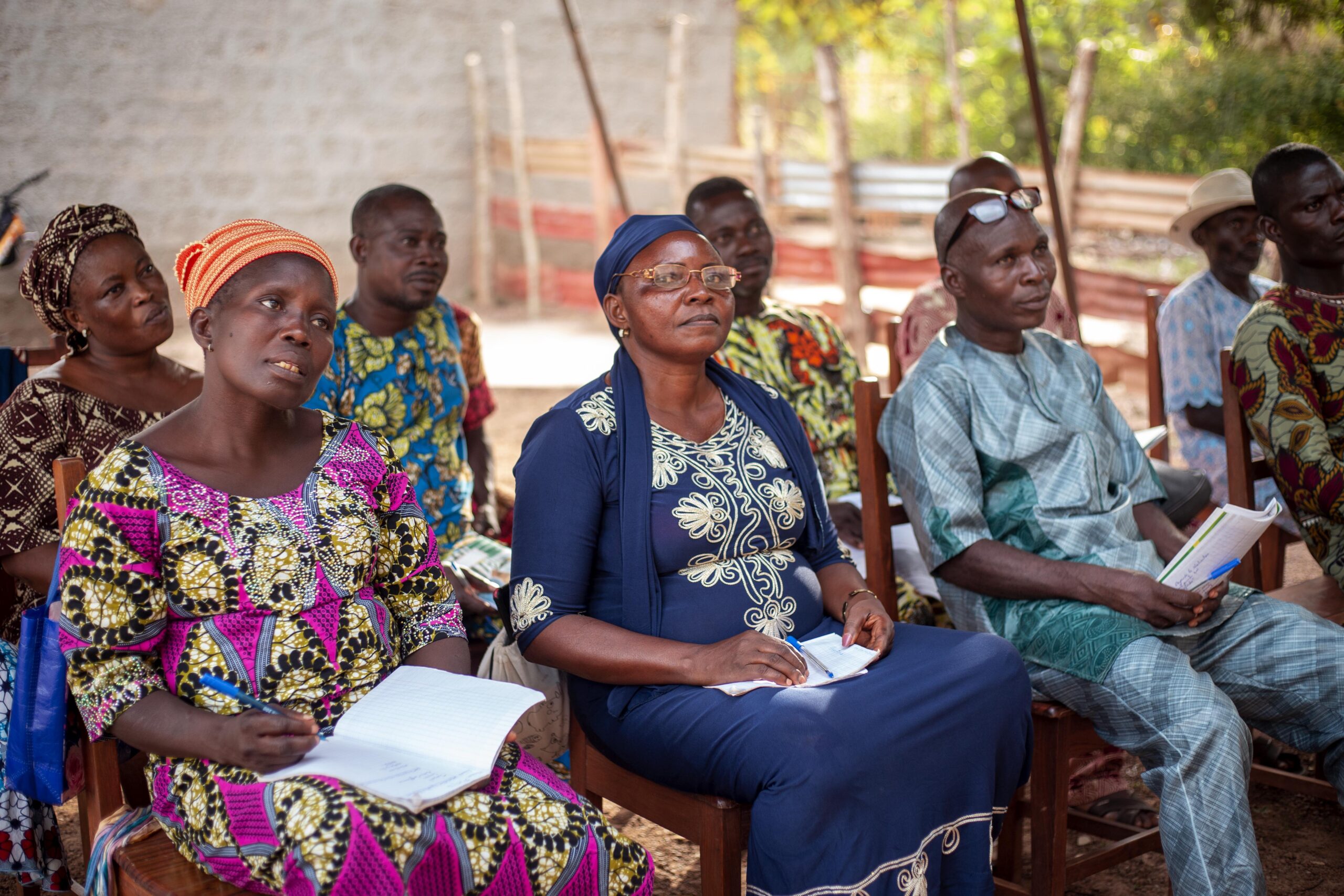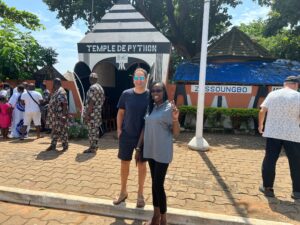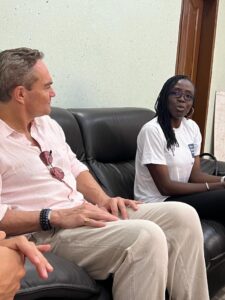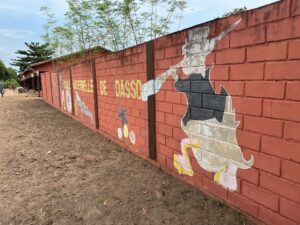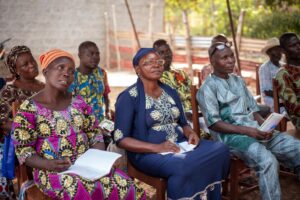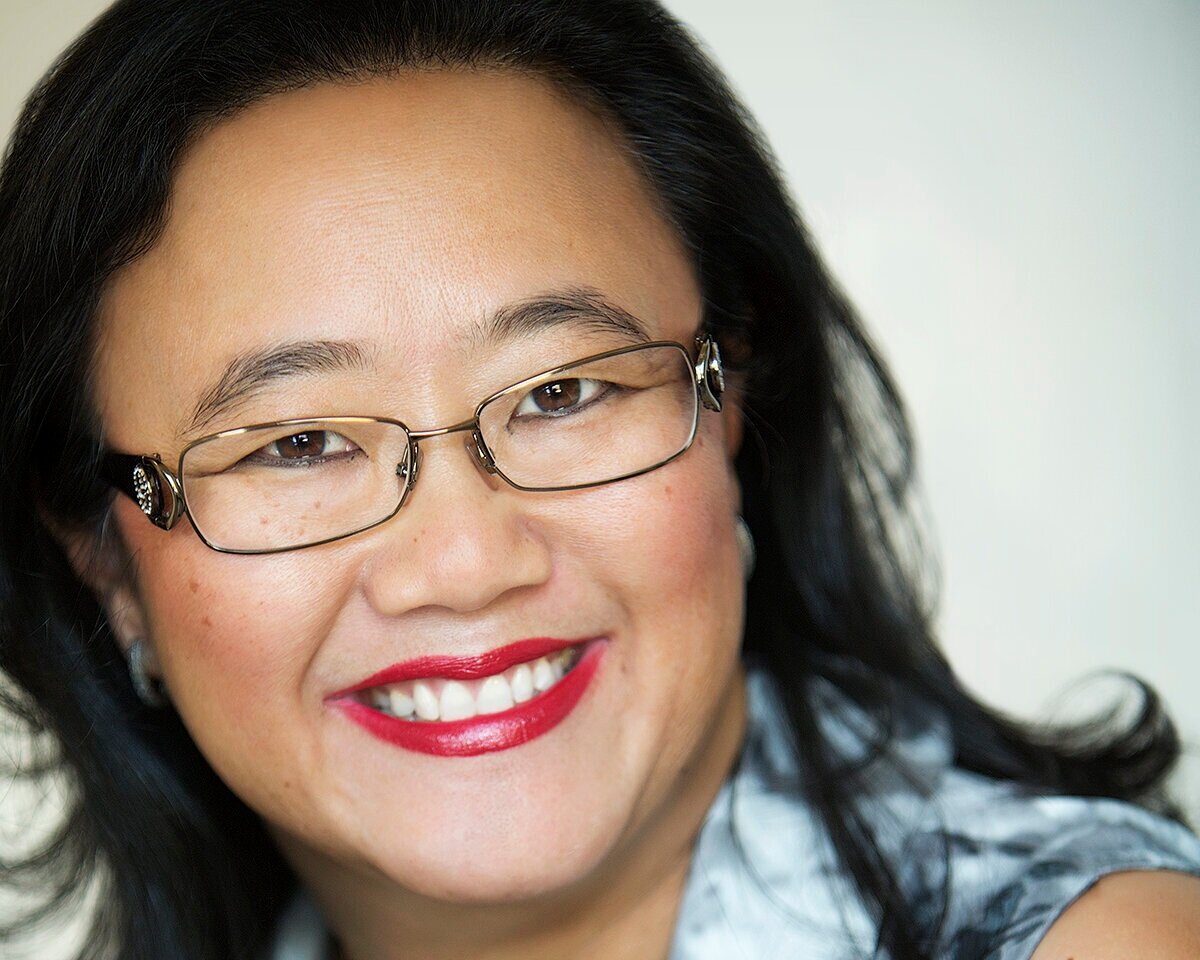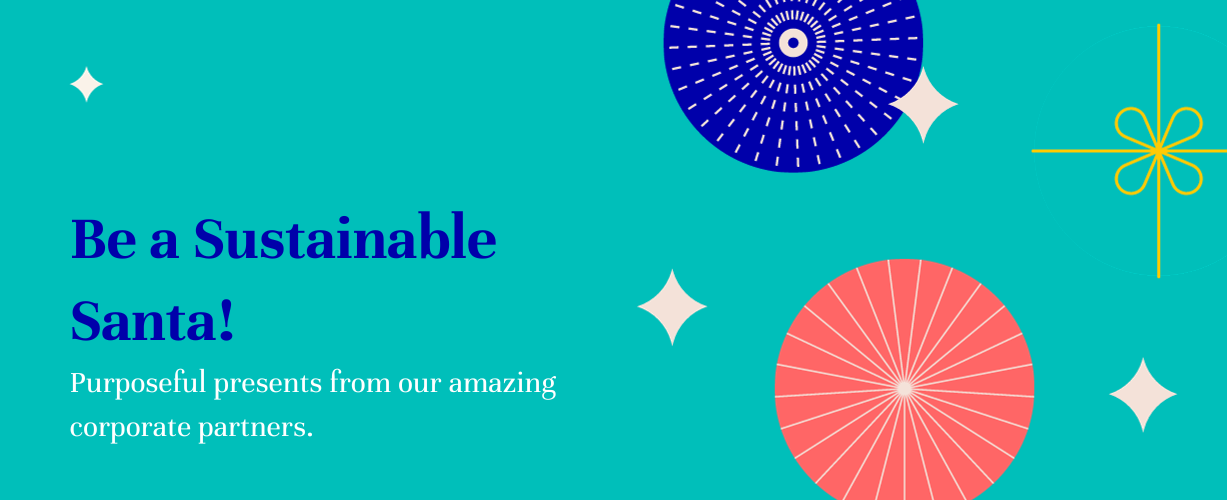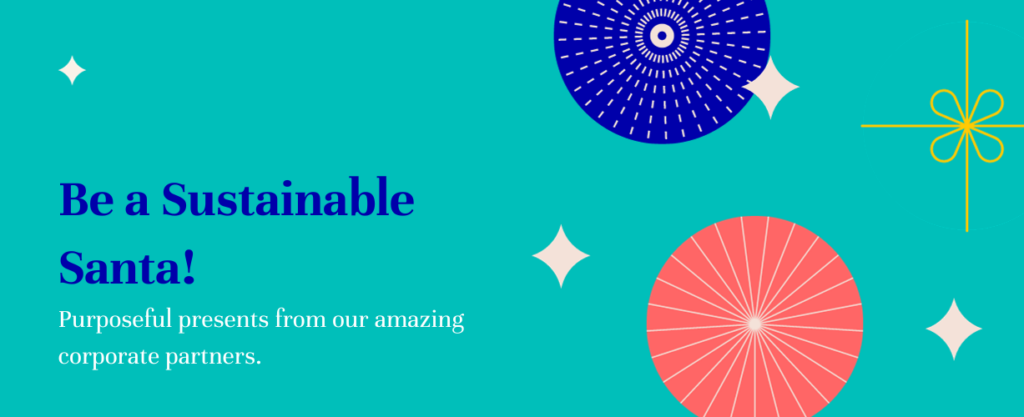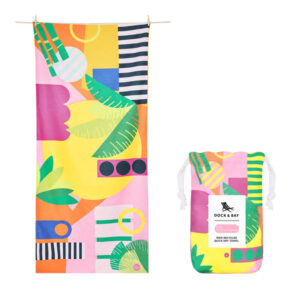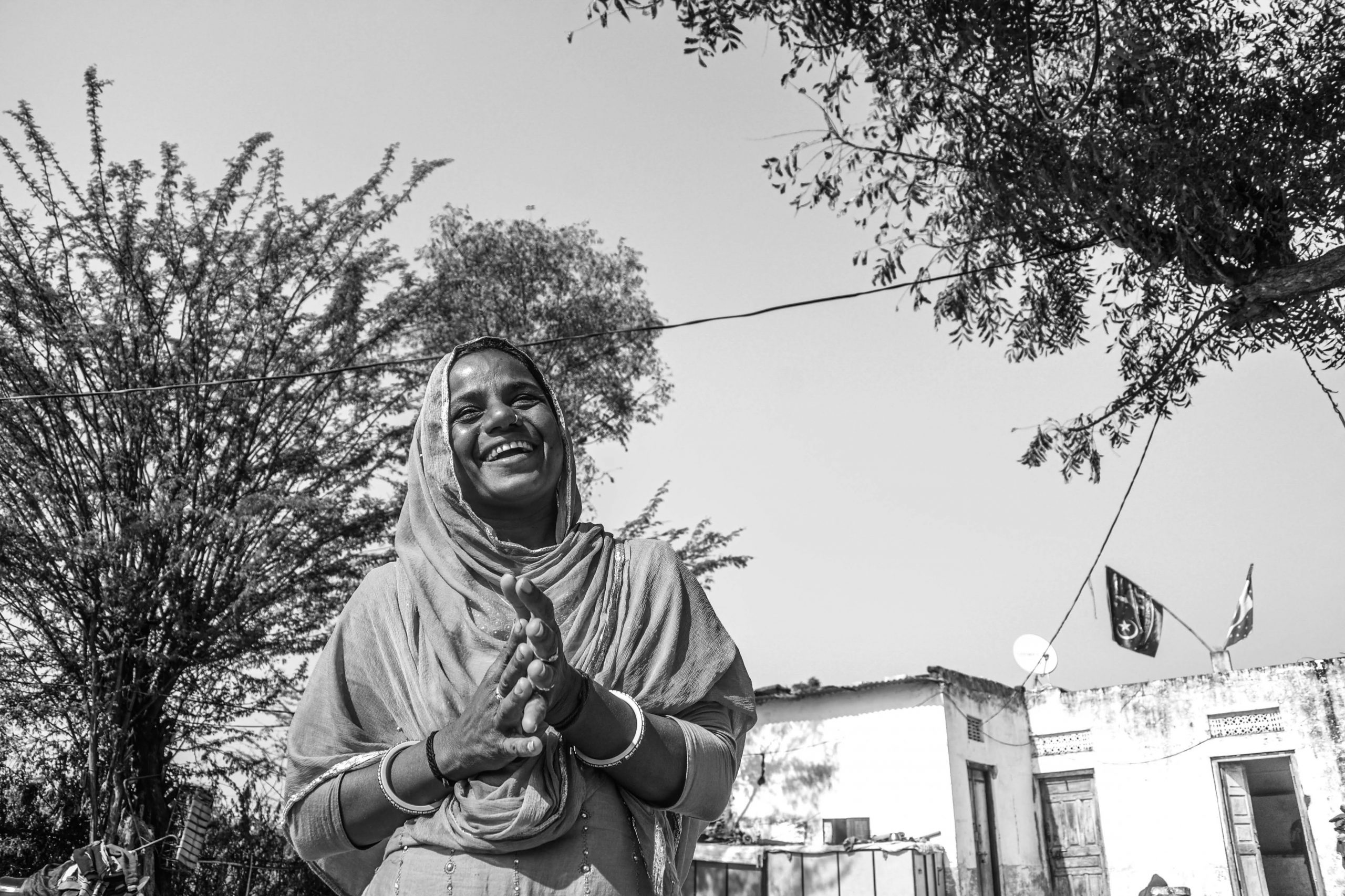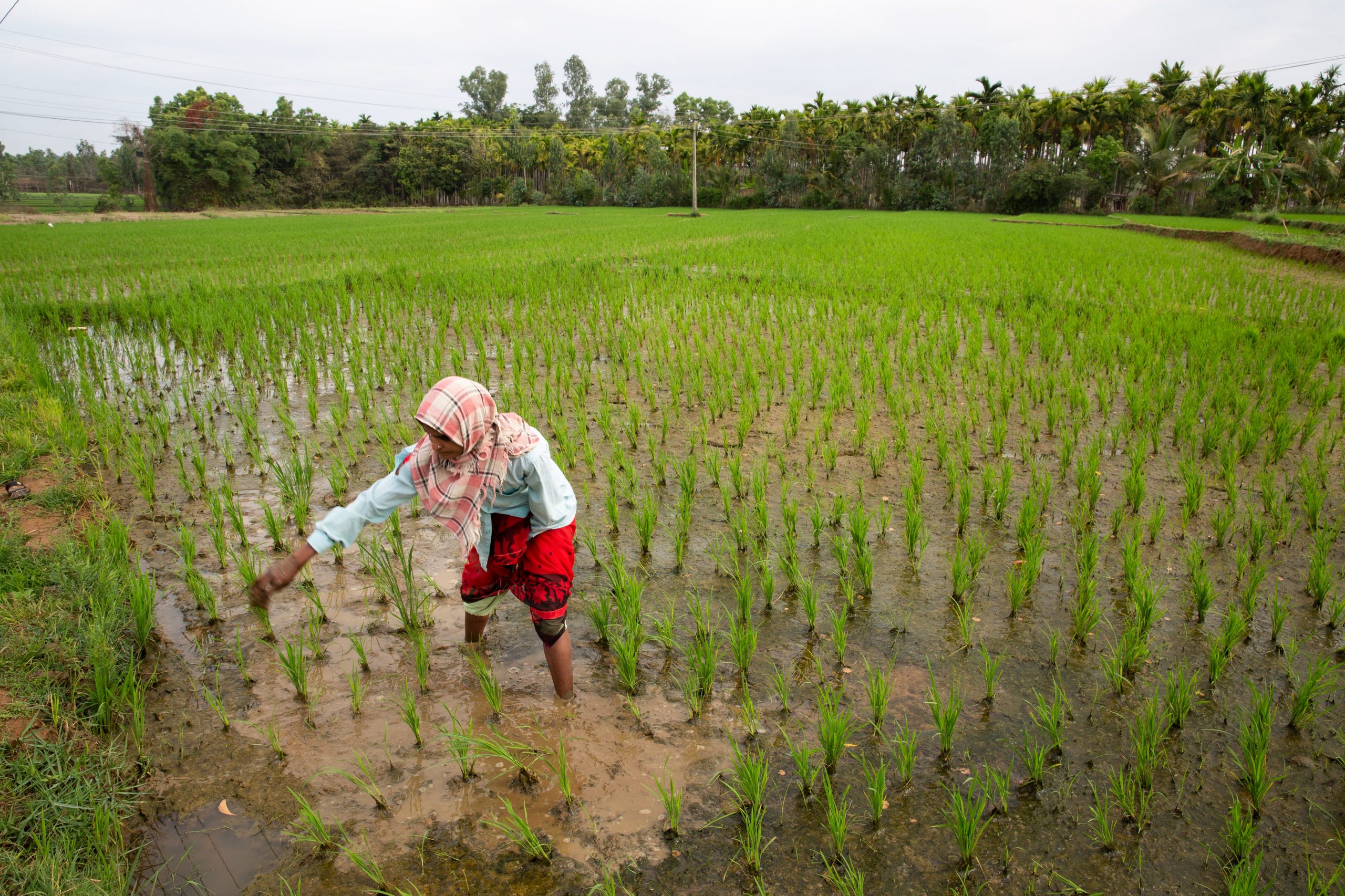Talia Smith, THP-Australia Program and Grants Manager, travelled to Malawi with colleagues from THP-Netherlands to see firsthand how our community partners are thriving. Australian Investors are supporting two new Epicentres at Majete 7 and Majete 8, both in their first year of the Epicentre Strategy.
MAJETE 7
Even though the project is only in its first year, there has definitely been some amazing progress made! We sat in on a WASH session and a HIV/AIDS session run by some newly trained Animators.
We met with the Epicentre Chair, who is a very lovely guy and only 32! He proudly showed us around some of the backyard gardens that they’ve started due to the sessions run by nutrition Animators.
We also saw two Village Savings and Loans Associations (VLSA) groups in action. There is still a lot of progress to be made, especially in accessing water and healthcare, but the community is all so so lovely and energised about the project.
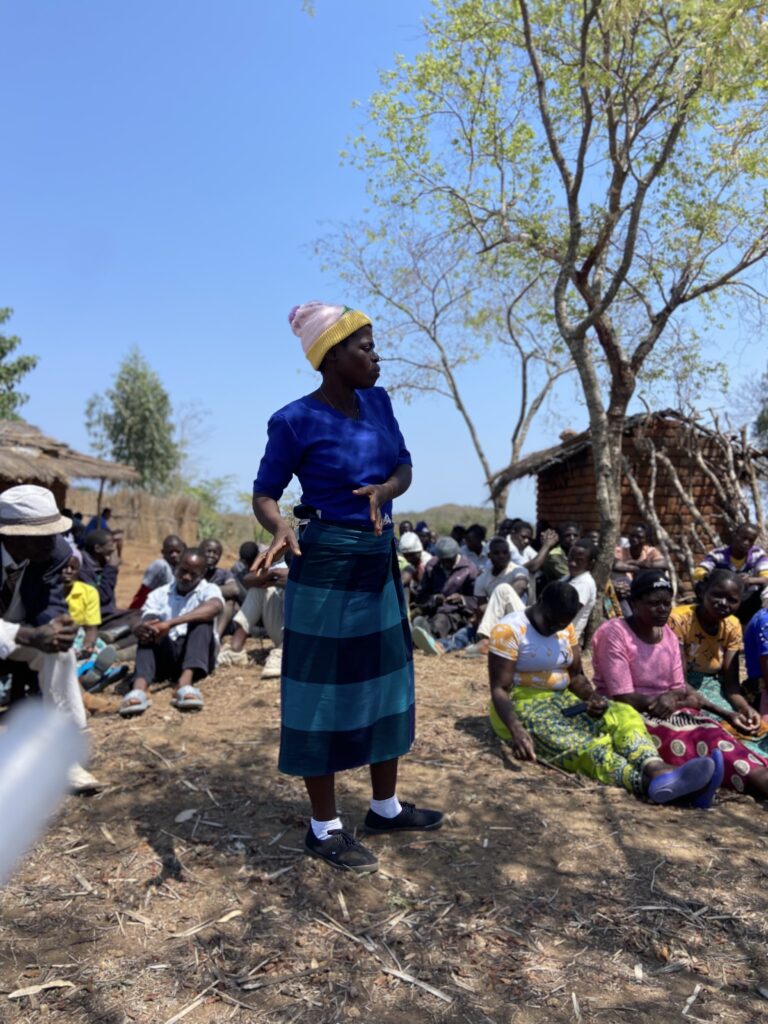
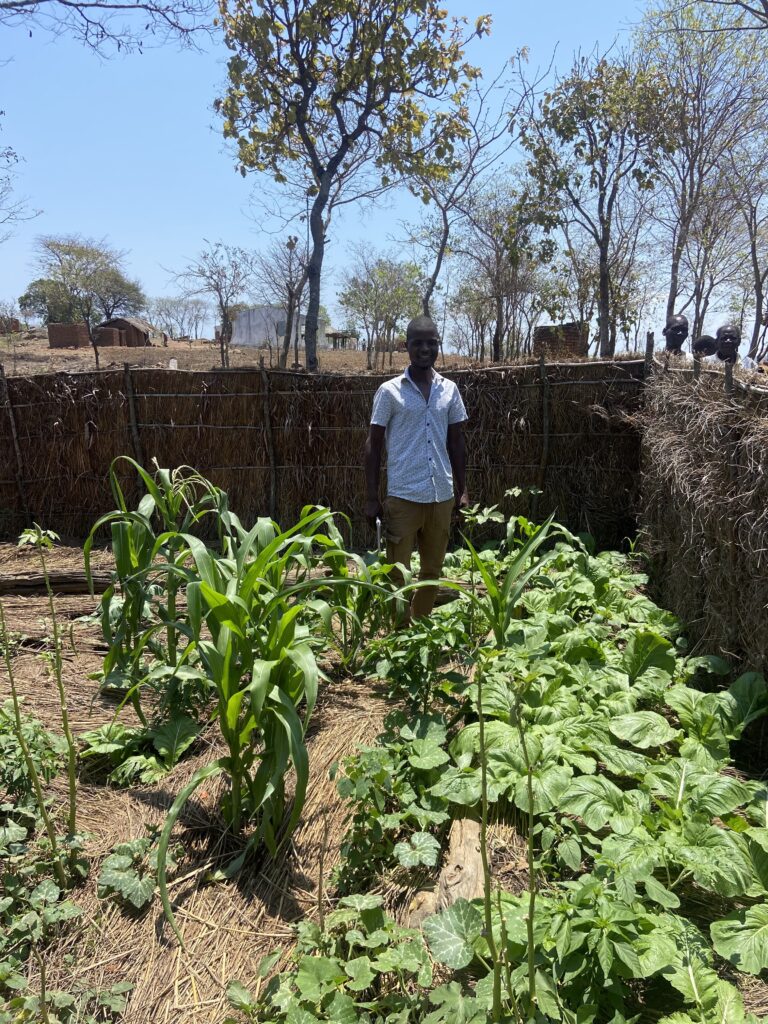
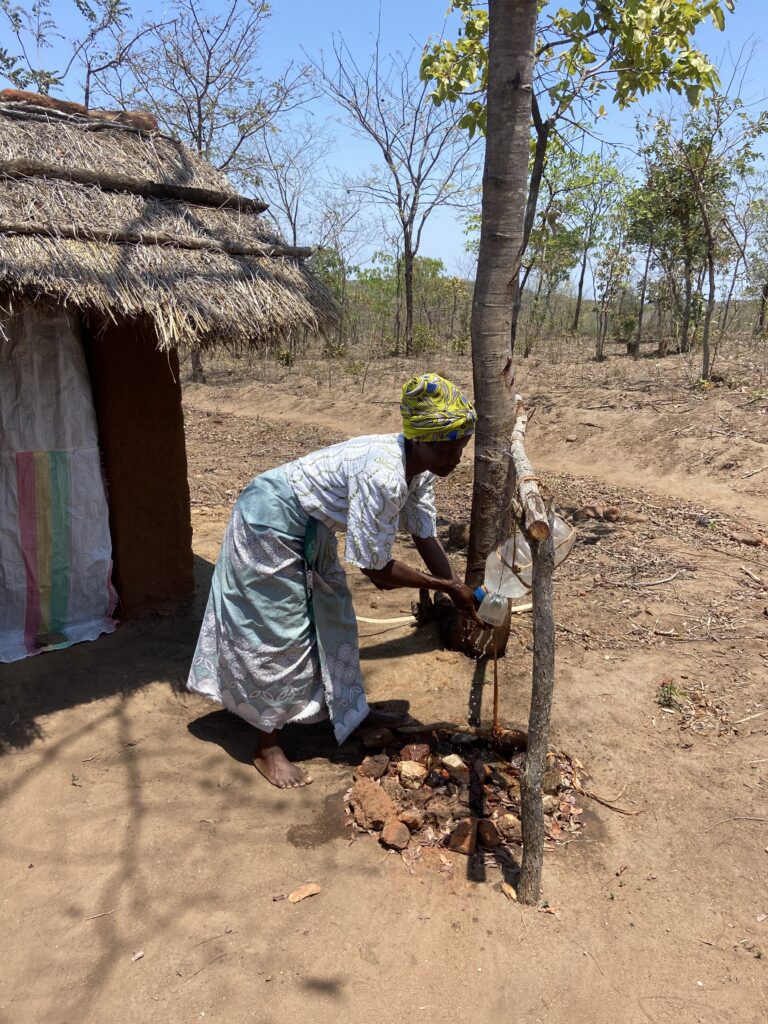
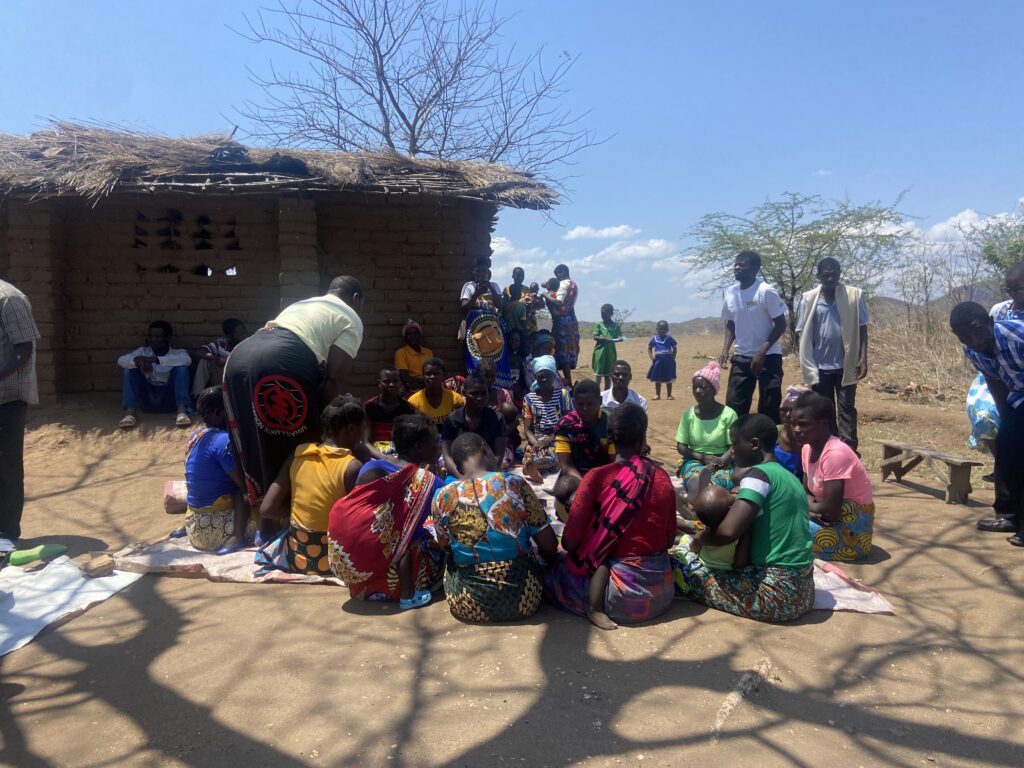
MAJETE 8
Our first stop was the secondary school. We had the opportunity to sit down with 10 students, as well as the principal, vice principal and one of the teachers. The students discussed number of challenges including lack of electricity at the school, long distances to travel and issues around menstruation for girls.
We sat with the children for a while and discussed their dreams and aspirations for the future. We discuss who they look up to, and many of them mentioned their lovely teacher who was sitting with us.
Majete 8’s leadership committee has taken a unique approach by promoting the participation of youth. The Chair is only 20 years old. We took the opportunity at the end of the meeting to speak to three of the younger women in the leadership committee and the Chair to discuss the challenges that they face, their motivation to be involved in the project and their visions for the future, and they all spoke so passionately and articulately. It was so inspiring to hear from all of them and a wonderful note to end the day on.
